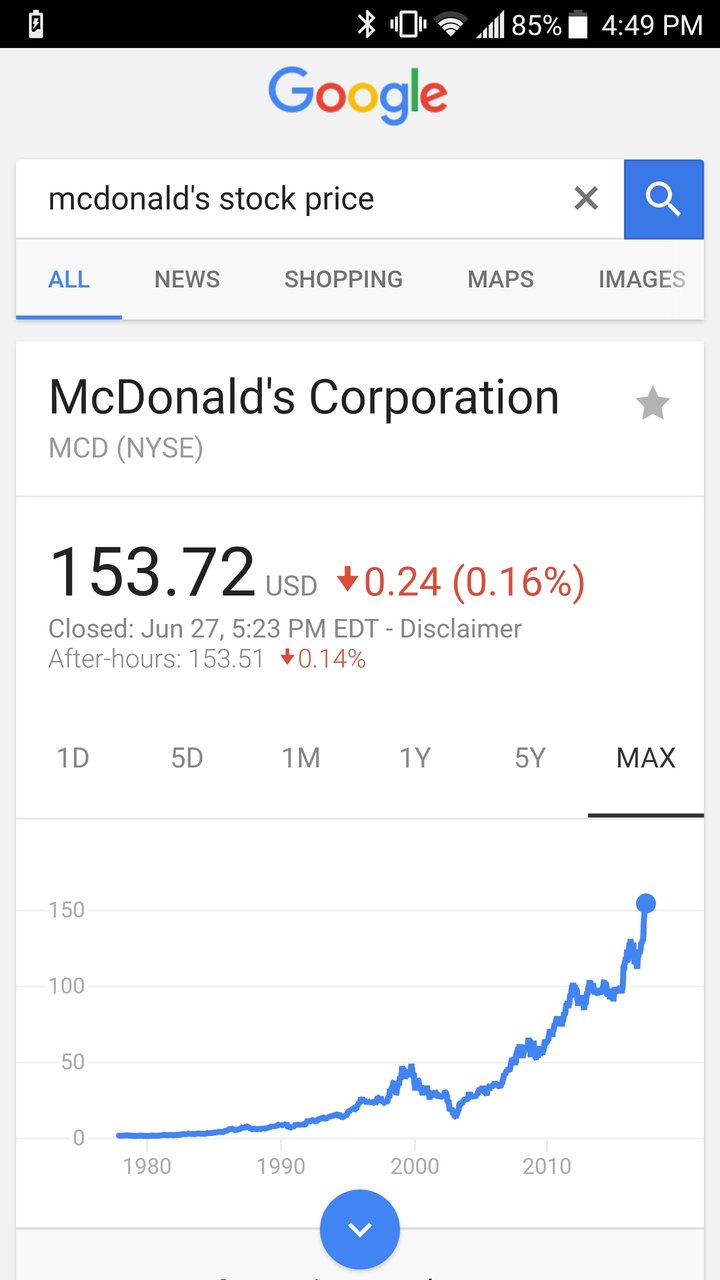Why is it when people talk about degree's it's usually some silly degree like Art History major? I really doubt that many people went to school to be a clown or learn woman's history. I have no idea what trade schools are but when you're in high school everyone tells you to go to college and get a degree. Now its trade schools, which I have no idea what they do. I doubt many people are aware of them as well. I really doubt they're free, as anyone who made the mistake to go to college probably can't afford even trade school, since they're now working a minimum wage job to pay back their student loan.
Because its an easy example. Here are the breakdown of majors: http://www.npr.org/sections/money/2...or-four-decades-of-college-degrees-in-1-graph
That aside you missed the points:
1) A degree is not a guarantee of a higher income or even a job, nor should it be.
2) A degree is basically training in a concentration of skills. Dont expect to get into a high paying field with a limited skill set if you trained in a different field.
3) You need to be able to sell yourself (i.e. your labor) in the market. That might mean doing work you dont like because what you DO like doesnt pay well enough to suite the lifestyle you want. You have to either do this or adjust your expectations.
A trade school teaches you specific skills like AC repair, welding, etc. Things that traditional colleges do not teach but are still jobs that pay better than minimum wage and as you progress can actually pay quite well. An entry level AC repair tech has a median starting salary of 40k. A median welder salary is not too far off.
Nobody said or made the implication that trade schools were free. You made that point up.
![[H]ard|Forum](/styles/hardforum/xenforo/logo_dark.png)


